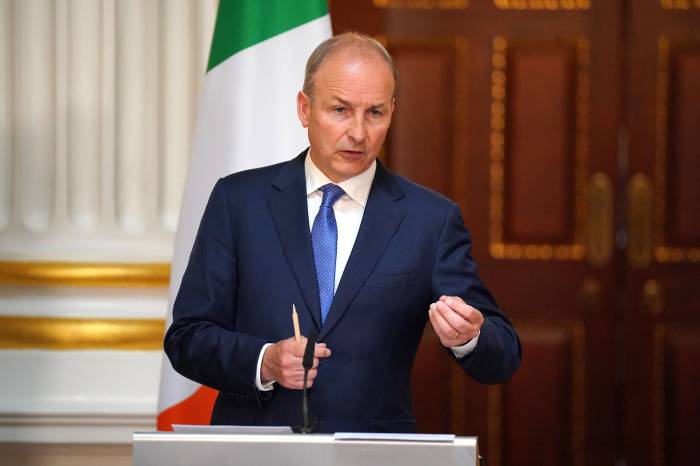Irish government delays alcohol health warning labels for wine until 2028 after industry pressure
European wine producers welcome postponement, citing concerns over trade barriers and legal inconsistencies with EU regulations
2025-07-23

The European wine industry has responded positively to the Irish Government’s decision to postpone the introduction of new alcohol health warning labels, a regulation that was originally scheduled to take effect in May 2026. The announcement came yesterday in Dublin, following months of debate and pressure from both domestic and international stakeholders. The new implementation date is now set for 2028.
The Comité Européen des Entreprises Vins (CEEV), which represents European wine companies, welcomed the delay. Marzia Varvaglione, President of CEEV, said the deferral is good news for wine producers across Europe. She explained that the original Irish regulation would have required all alcoholic beverages sold in Ireland to carry specific health warnings. According to Varvaglione, this would have created significant costs and administrative challenges, especially for small and medium-sized producers. She also warned that such unilateral measures could undermine the principles of the European Union’s Single Market by creating barriers to trade and legal inconsistencies.
The Irish labeling rule has faced criticism from several EU member states, non-EU countries, and various stakeholders in the wine sector. Many argued that the regulation was not compatible with existing EU law, which seeks to harmonize product standards and labeling requirements across member countries. Two years ago, CEEV filed a formal complaint with the European Commission, stating that Ireland’s national rule conflicted with the EU’s legal framework.
Ignacio Sánchez Recarte, Secretary General of CEEV, said there were concerns about the justification and proportionality of the Irish measure from the start. He called on the European Commission to use this delay as an opportunity to ensure that any future regulations are consistent with EU law and do not fragment the market. Sánchez Recarte emphasized that consumers need clear and reliable information but also stressed that rules should be balanced and based on evidence.
The postponement gives both Irish authorities and EU institutions more time to discuss how best to inform consumers about alcohol-related health risks without disrupting trade or imposing unnecessary costs on producers. The wine industry argues that harmonized labeling rules are essential for maintaining Europe’s competitiveness in global markets, especially as international trade becomes more complex.
The Irish government has not yet indicated whether it will revise its proposed regulation during this period or seek further input from industry groups and other EU member states. For now, wine producers across Europe see the delay as a chance to work toward a solution that protects public health while respecting EU law and supporting economic stability within the sector.
Founded in 2007, Vinetur® is a registered trademark of VGSC S.L. with a long history in the wine industry.
VGSC, S.L. with VAT number B70255591 is a spanish company legally registered in the Commercial Register of the city of Santiago de Compostela, with registration number: Bulletin 181, Reference 356049 in Volume 13, Page 107, Section 6, Sheet 45028, Entry 2.
Email: [email protected]
Headquarters and offices located in Vilagarcia de Arousa, Spain.